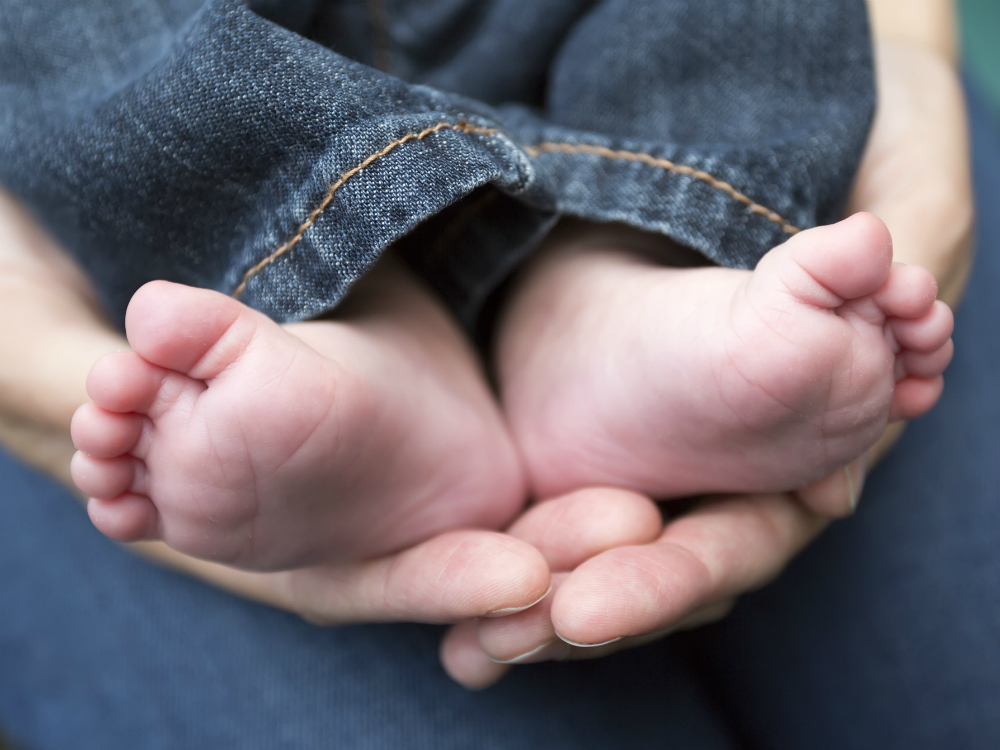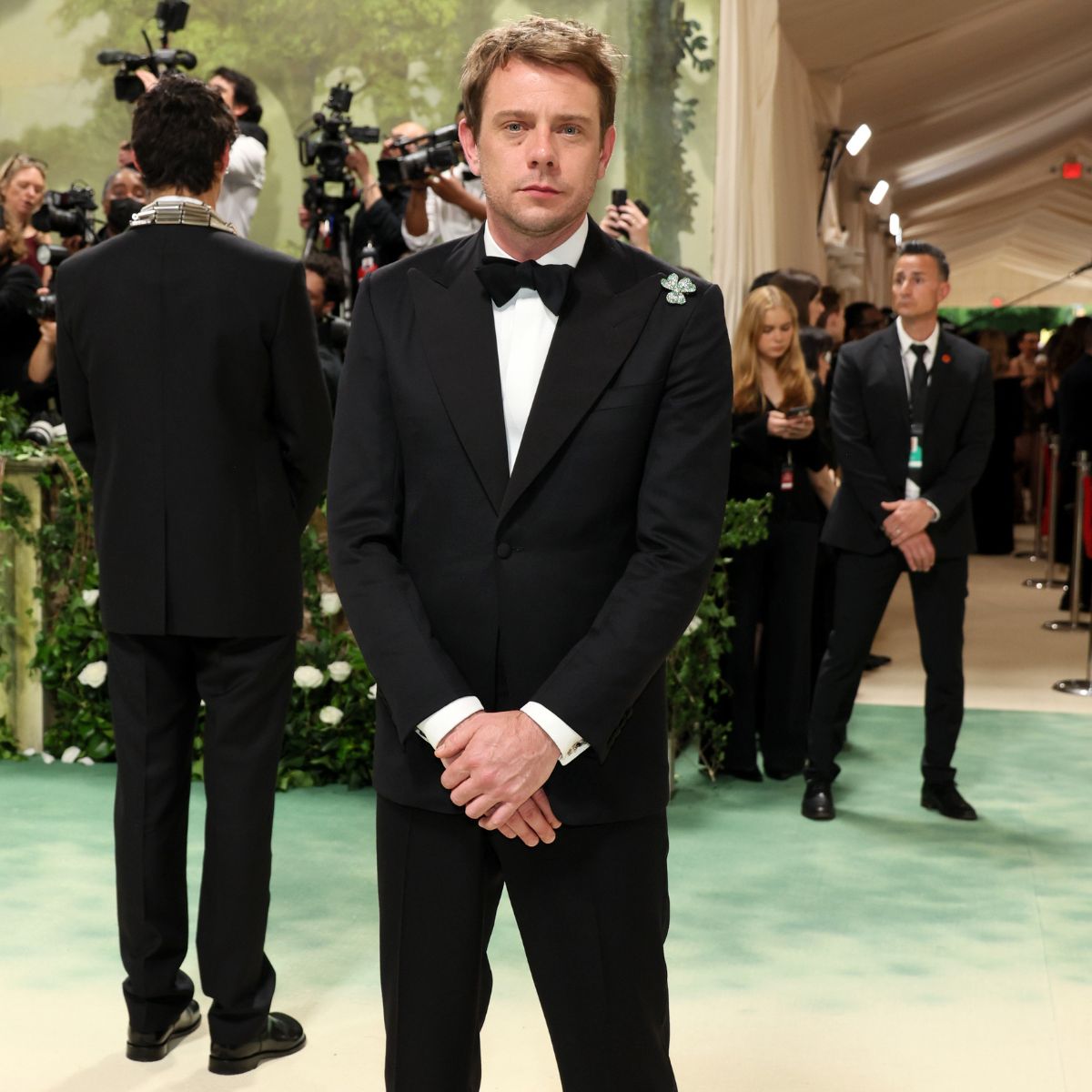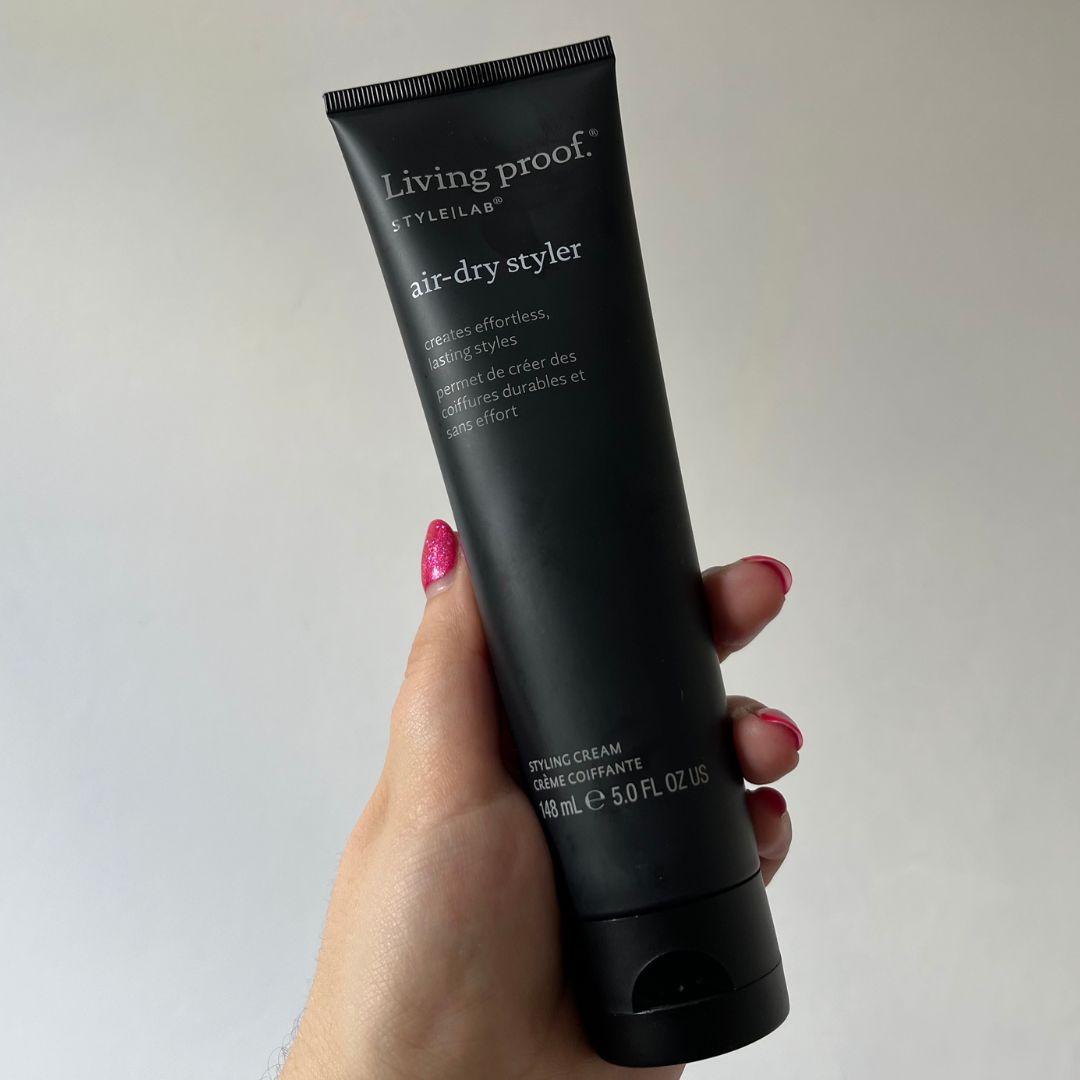So, how old is too old to have a baby?
British women have decided...

British women have decided...
British women believe would-be mothers should stop trying for a baby when they hit 44, according to a new survey - in the same week as Janet Jackson announced she is to be a mum at 49.
The reasons they gave included: it's 'unfair on the child to have old parents'; increased health complications; and the fact that, apparently, it's 'unnatural'.
The poll of 2019 women was conducted by the Private Pregnancy UK Show, which is calling for the Government to do more about educating women about 'leaving it too late'. The research was conducted with the intention of kicking off a debate on age limits for medical intervention and assisted fertility. But it also called for greater fertility awareness for adult women, and for sex education to include information on fertility options.
'There isn't enough education available to women, many of whom still believe they can go on forever,' said Dr Amin Gorgy, fertility consultant and IVF specialist at the Fertility and Gynaecology Academy.
Why older mothers rock - and why having a baby after 40 actually isn't that big a deal
The numbers of women over 40 have doubled in the past twenty years - this is down to careers, the cost of childcare and homes, failure to meet The One any sooner and advances in fertility treatments.
Marie Claire Newsletter
Celebrity news, beauty, fashion advice, and fascinating features, delivered straight to your inbox!
But - as we are repeatedly told - a woman's fertility potential declines rapidly after the age of 35 and drops even faster after the age of 40. 'The ideal age for women to become pregnant is in their twenties and early thirties,' said Dr Gorgy.
He went on: 'Theoretically, through egg donation and using eggs frozen at an earlier age, women can conceive at any age - in fact, the receptivity of the womb for implanting embryos declines only after the age of 54. But usually we take 50 as the age limit for assisted conception. Only under special circumstances will we consider someone beyond the age of 50.
'IVF must be put into perspective if used after the age of 35, as the chances of having a live birth with an IVF cycle declines dramatically with age. For example, there is a 20% success rate at the age of 40 which falls to just 1% above the age of 45.'
Dr Alex Eskander, consultant gynaecologist at The Gynae Centre fuelled the debate, saying: 'My feeling is that women in the UK enjoy much more the liberty, freedom and opportunity to further their careers over settling down to have children, the latter of which is now a thoroughly outdated concept of the traditional family. I find the two key points of pressure for these women to have children come from their parents’ 'need' to have grandchildren and a growing understanding of their biological clock.'
But he said: 'As a clinician, let’s be clear, I am not scare-mongering, it is a fact that ovarian function declines significantly from 30 years of age and even more sharply after 35 years. I agree that 44 is too old for women to have children. From the ovaries standpoint, the number of eggs decline and the egg quality is poor. As a result, it is difficult to conceive and the conception maybe associated with a high rate of chromosome abnormalities and increased chances of miscarriage. From the mother's standpoint, there is a high risk of hypertension, pre-eclampsia and caesarean section.'
So what to do? 'My advice for young women who may want to delay conception for any reason beyond the age of 35 is to seriously consider egg or embryo freezing (with donor sperm) as your “insurance policy”,' says Dr Eskander.
-
 Jonathan Anderson is going to Dior Men
Jonathan Anderson is going to Dior MenHis debut collection will be this June
By Mischa Anouk Smith
-
 I'm a 2025 bride and these are the best affordable wedding dresses I've found
I'm a 2025 bride and these are the best affordable wedding dresses I've foundLess than £1,000 but still the height of chic
By Sofia Piza
-
 I haven't worn my hair completely natural for years, but this air-dry styling cream has made me love my waves again
I haven't worn my hair completely natural for years, but this air-dry styling cream has made me love my waves againI will never be without this
By Amelia Yeomans